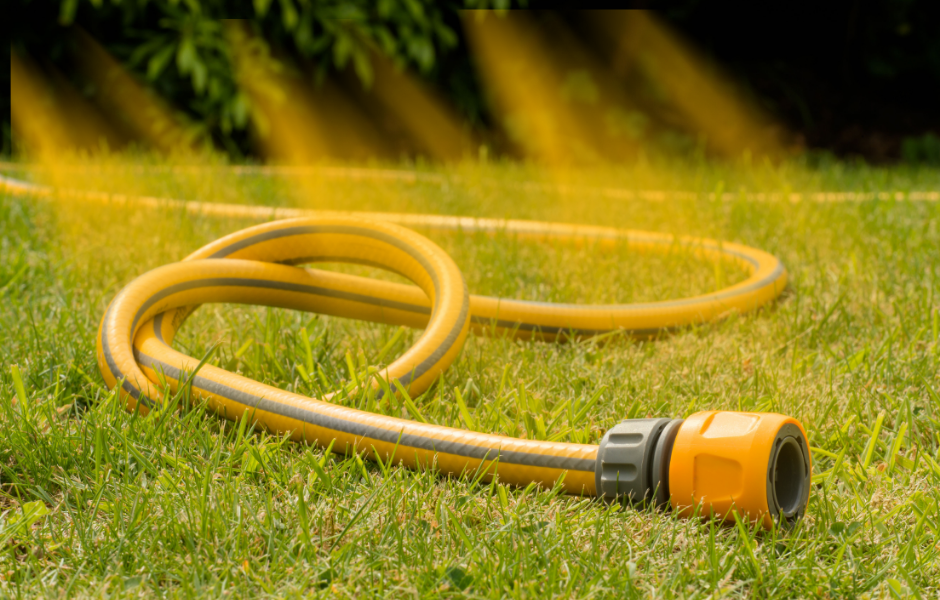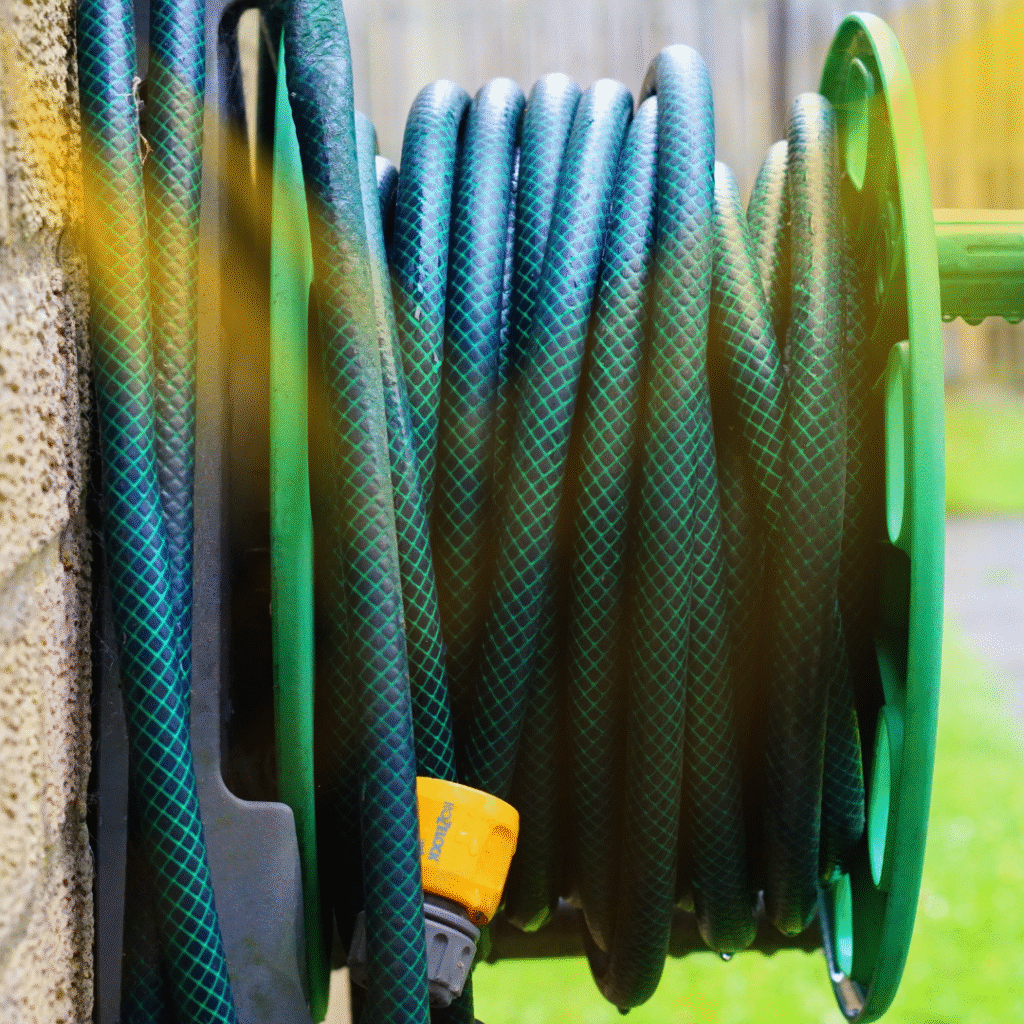
This children’s article, Why millions of people in England can’t use hosepipes this summer, is for native English speakers and for children learning English as a second or foreign language. It can help young readers improve their English vocabulary, reading skills, and understanding of droughts and water use. This article uses a current news story from England to explain what a hosepipe ban is and why it matters. Written by Sinead O’Carroll, an experienced teacher and children’s writer.
Why is there a hosepipe ban in England?
Some parts of England have introduced hosepipe bans, affecting around one million people. These bans were brought in after England had its second driest spring on record, followed by its hottest June. Some places in the country are now experiencing a drought.
This kind of ban is unusual in England, but in other parts of the world, water restrictions may be more common or more serious.
In some places, people live through very long droughts or heavy floods. Wherever you are, water is important – and in some areas, it is very hard to get.
What is a hosepipe ban?
A hosepipe ban, also known as a Temporary Use Ban, is a rule that limits how people can use water at home. It is usually brought in when there is not enough water to go around.
Water companies collect and store water in places called reservoirs. These reservoirs help supply clean, fresh water to homes and businesses. When there is not much rain for a long time, the reservoirs start to run low.
To make sure there is enough water for everyone’s basic needs, water companies sometimes ask people to use less water at home.
One way to do that is to ban the use of hosepipes.
What do hosepipes get used for?
Hosepipes are long, flexible tubes that spray water. Many people use them to:
- Water their gardens
- Wash cars or bikes
- Fill paddling pools or garden ponds
These activities use a lot of water, especially in summer. That’s why they are seen as “non-essential” during a drought.
What can people do instead?
Instead of hosepipes, people can:
- Water their plants with a watering can
- Wash cars with a bucket of water
- Save water by using rainwater or not watering at all
In some areas, breaking the hosepipe ban could lead to a fine. Most people follow the rules to help save water for everyone.
Why does this matter?
Droughts have always happened in different parts of the world. But scientists say that climate change and the way people use water are making droughts more likely and more serious.
Learning to use water carefully is important for everyone, no matter where you live.
Find out more about drought and water saving from the UK Environment Agency

Article vocabulary list
- Hosepipe – A long, bendy tube that sprays water
- Drought – A long time with little or no rain, causing a water shortage
- Reservoir – A large place where water is stored
- Temporary – Lasting for a short time, not forever
- Restriction – A rule that limits what people can do
- Essential – Something that is needed or very important
- Non-essential – Something that is not needed for basic living
- Climate change – Long-term changes in the Earth’s weather patterns
Comprehension questions
Just click the plus (+) to see the answer
1. Why were hosepipe bans introduced in parts of England?
a) Too much flooding
b) It was the hottest winter
c) There was very little rain
Answer: c) There was very little rain
2. What is a reservoir used for?
Answer: To store water for homes and businesses
3. What is another name for a hosepipe ban?
a) Permanent water rule
b) Temporary Use Ban
c) Garden ban
Answer: b) Temporary Use Ban
4. What are hosepipes usually used for at home?
Answer: Watering gardens, washing cars, or filling paddling pools
5. What can people use instead of a hosepipe during a ban?
Answer: A watering can or a bucket
6. What could happen if someone breaks the ban in some areas?
a) Nothing at all
b) They might win a prize
c) They could be fined
Answer: c) They could be fined
Sinead is a writer and EFL teacher with eight years’ experience. She’s a native English speaker who loves making news stories fun and easy to understand for children around the world. Her passions include travel, animals, and helping to make the world a kinder, more sustainable place.




